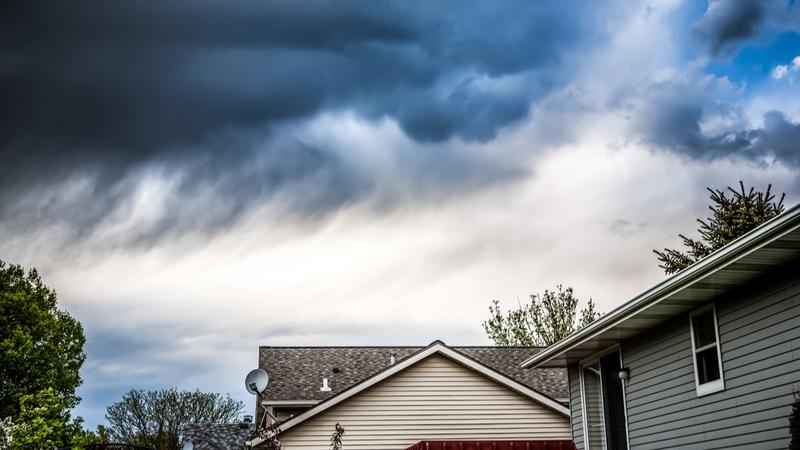Water damage can wreak havoc on your property and leave you with a hefty bill to fix the damage. Fortunately, many homeowners’ insurance policies cover water damage claim denied, making it easier for you to recover from the disaster. However, what do you do when your insurance company denies your water damage claim? It can be frustrating and stressful, but it is essential to understand the reasons for the denial and how to deal with it.
Reasons for Water Damage Claim Denial
Not covered by policy
The most common reason for water damage claim denial is that the policy does not cover the cause of the damage. For instance, if the water damage claim denied is caused by a flood, and the policy does not include flood coverage, your claim will be denied. It is crucial to carefully read your policy and understand the coverage and exclusions to avoid surprises when you file a claim.
Failure to maintain the property
Another reason for claim denial is the failure to maintain the property. Insurance companies expect homeowners to take reasonable steps to maintain their property and prevent damage. For example, if your water damage was caused by a leaky pipe that you knew about but failed to repair, your claim may be denied.
Late reporting of damage
Most insurance policies require prompt reporting of damage to avoid further damage and allow the insurer to investigate the claim. Failure to report the damage on time can result in water damage claim denied.
Fraudulent claims
Some homeowners may attempt to make fraudulent claims to obtain insurance payouts. For instance, they may cause intentional water damage or exaggerate the extent of the damage. If an insurer suspects fraudulent activity, they may deny the claim and investigate the matter further.
Exceeding policy limits
Another reason for claim denial is exceeding the policy limits. Every policy has limits on the amount of coverage provided, and if the water damage claim denied exceeds the limit, the insurer will only pay up to the policy limit.
How to Deal with a Denied Water Damage Claim
Review the denial letter
When you receive a water damage claim denial, the first step is to review the letter and understand the reason for the denial. The denial letter should provide a detailed explanation of the reason for the denial and reference specific policy provisions.
Understand your policy
It is crucial to understand your insurance policy and the coverage and exclusions. Review your policy to determine if the denial is valid or if there is a basis for appeal. If you are uncertain about your policy, contact your insurance agent or a professional insurance adjuster to clarify.
Gather evidence
If you believe that the water damage claim denied was wrongly denied, gather evidence to support your case. For instance, if the insurer denied your claim for failing to maintain your property, provide evidence that you took reasonable steps to maintain your property. If the insurer denies your claim for late reporting of damage, provide evidence that you reported the damage as soon as possible.
Consider an appeal
If you believe that the claim was wrongly denied, consider appealing the decision. Most insurance policies have an appeals process that allows you to challenge the denial. Follow the appeals process outlined in your policy, and provide all relevant evidence to support your case.
Seek legal advice
If your appeal is unsuccessful, seek legal advice from an attorney specializing in insurance law. They can review your case and determine if there are any legal grounds for a lawsuit against the insurance company.
Conclusion
Water damage claim denied can be devastating, and a denied insurance claim can add to the stress and frustration. However, it is crucial to understand the reasons for the denial and how to deal with it. Carefully review your policy, understand the coverage and exclusions, and gather evidence to support your case.

